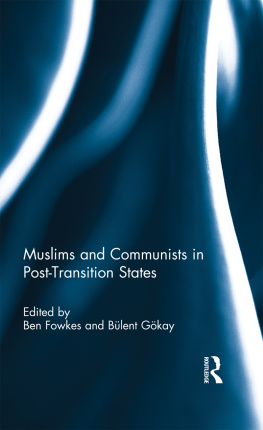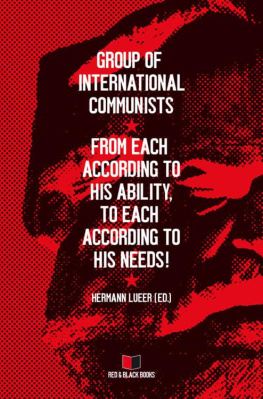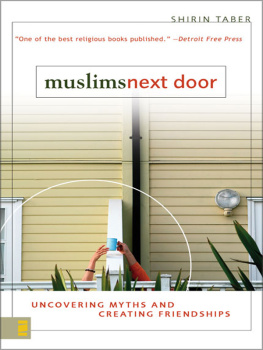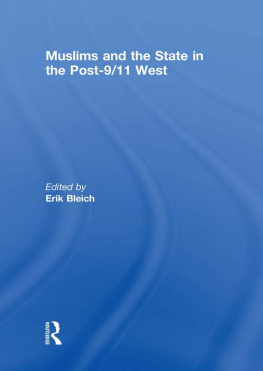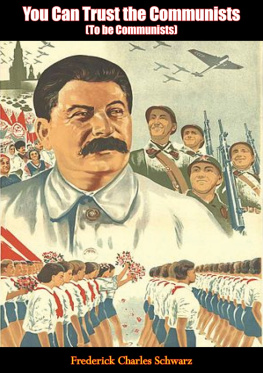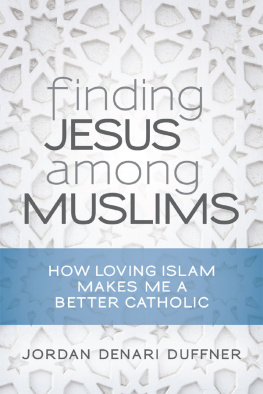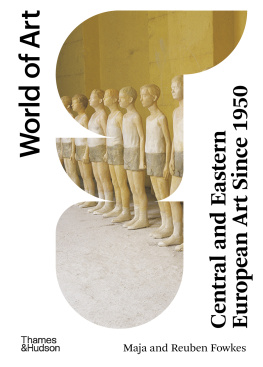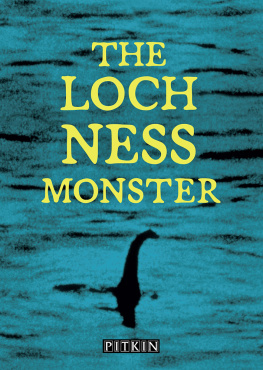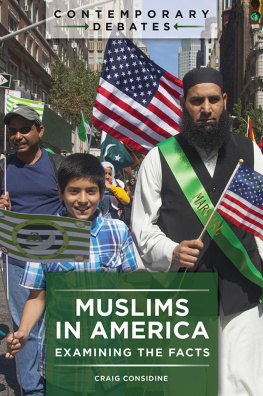Muslims and Communists in Post-Transition States
Popular uprisings have taken many different forms in the last hundred or so years since Muslims first began to grapple with modernity and to confront various systems of domination both European and indigenous. The relevance of studies of popular uprising and revolt in the Muslim world has recently been underlined by shattering recent events, particularly in Egypt, Yemen, Tunisia and Libya.
This book consists of a close analysis of the problmatique of the Qurn, showing the openness of the text to Islamic reform and renewal; the role of Islam in creating a specific form of communism in Albania and Kosova; the Chechen revolts against Russian rule after the collapse of the Soviet Union, and the short-lived period of alliance between communism and Islam in the early 1920s; the history of alliances between British Muslims and socialists since the 1950s. The book also traces the evolution of the Muslim-Communist alliance during the twentieth century, analyses the driving forces behind it, looks at the new situation created by the democratic revolts of 201011 in the Middle East and attempts a prognosis for future relations between these and existing communist groups.
This volume aims to contribute to the debate over the aims and methods of these popular uprisings.
An earlier version of the essays in this collection first appeared in a special issue of the Journal of Communist Studies and Transition Politics. The current volume is an updated and expanded version of the special issue.
Ben Fowkes has lectured at a number of universities in the course of his career, including Sheffield University and London Metropolitan University. He is a specialist in studies of Soviet, East European and communist history, and the author of several publications in these areas.
Blent Gkay is Professor of International Relations at Keele University. He is on the editorial board of a number of journals, including the Journal of Communist Studies and Transition Politics, and the author of many publications in this area, as well as in the fields of Middle Eastern and international politics.
Muslims and Communists in Post-Transition States
Edited by
Ben Fowkes and Blent Gkay
First published 2012
by Routledge
2 Park Square, Milton Park, Abingdon, Oxon, OX14 4RN
Simultaneously published in the USA and Canada
by Routledge
711 Third Avenue, New York, NY 10017
Routledge is an imprint of the Taylor & Francis Group, an informa business
2012 Taylor & Francis
This book is a reproduction of the Journal of Communist Studies and Transition Politics, vol. 25, issue 1. The Publisher requests those authors who may be citing this book to state, also, the bibliographical details of the special issue on which the book was based.
All rights reserved. No part of this book may be reprinted or reproduced or utilised in any form or by any electronic, mechanical, or other means, now known or hereafter invented, including photocopying and recording, or in any information storage or retrieval system, without permission in writing from the publishers.
Trademark notice: Product or corporate names may be trademarks or registered trademarks, and are used only for identification and explanation without intent to infringe.
British Library Cataloguing in Publication Data
A catalogue record for this book is available from the British Library
ISBN13: 978-0-415-68878-9
Typeset in Times New Roman
by Taylor & Francis Books
Disclaimer
The publisher would like to make readers aware that the chapters in this book are referred to as articles as they had been in the special issue. The publisher accepts responsibility for any inconsistencies that may have arisen in the course of preparing this volume for print.
Contents
Ben Fowkes and Blent Gkay
Vassilis K. Fouskas
Stephen Schwartz
Cerwyn Moore and Paul Tumelty
Farzana Shain
Ben Fowkes
An Unholy Alliance against a Common Enemy: A History of Communists Relations with Muslims
Ben Fowkes and Blent Gkay
The East is a revolutionary cauldron capable of putting a revolutionary torch to all of Western Europe. (Sultan-Galiev) 1
When the Muslim communist revolutionary leader of the early 1920s, Mir Said Sultan-Galiev, spoke of the East he meant above all the Muslim world, which stretched all the way from Morocco in the West to the islands of what later became Indonesia in the Far East. What the peoples of that portion of the globe had in common above all was, first, their Islamic heritage and, second, their current subjection to European rule, either direct or indirect. For the newly emerging force of communism this presented opportunities but also problems. While there was much, both in ideology and situation, that brought Muslims and Communists closer together, there were also many points of disagreement. The communist world view, taken over from Karl Marx, was opposed in principle to all kinds of religious belief, and this applied to Islam as well. Conversely, Muslims with strong religious beliefs found themselves unable to support a set of ideas that was fundamentally atheist.
These philosophical differences did not, however, always find expression in practical politics, and there were often tactical reasons for downplaying them.2 Moreover, different Muslims stressed varying aspects of their faith, and it was possible for both groups to avert their gaze from the deeper philosophical and theological dividing lines between the two belief systems. Indeed, both sides were able to engage in what has been described by one author as a reinterpretation of Muslim ideas and conceptions so as to make them appear equivalent to communist ideas.3 For example, a prominent early figure of Muslim history, Abu Dharr al-Ghifari, was often seen as a precursor of socialism because he maintained that the Qurn condemned wealthy priests of all religions.4 Muslim reformers also endeavoured to re-interpret the rules about polygamy (or perhaps more accurately polygyny): it was claimed that although one passage of the Qurn appeared to authorise Muslims to take several wives (sura 4:3) another passage actually opposed polygamy because it stated that it was impossible to treat several wives equally (sura 4: 128/9).
An alliance was therefore possible. To look more deeply into this alliance, we have to consider processes occurring both within Russia and the Muslim world as a whole. Two processes characterized the nineteenth century in the more Westernized parts of the Muslim world secularization and Islamic reform. Although these processes were linked, there were tremendous differences between them.
The first process, secularization, resulted from the impact of the West and Western ideas generally. In political terms it led to the adoption of Western ideas like nationalism and socialism. The classic example of this was the Bathism of Syria and Iraq, though that didn't start until the twentieth century. Secularization also had very profound cultural concomitants, consisting in the silent, almost unconscious trend towards the abandonment of traditional Muslim practices such as changes in dress for instance, changes in diet, less rigorous performance of religious rituals, and the adoption of Western codes of law in place of or alongside the


